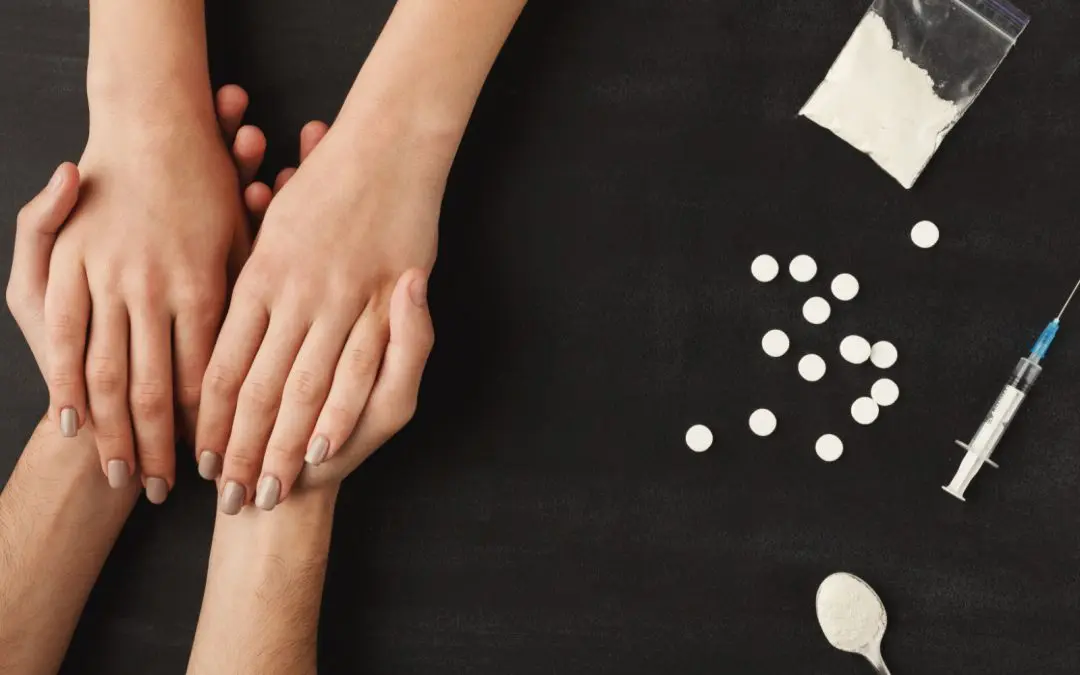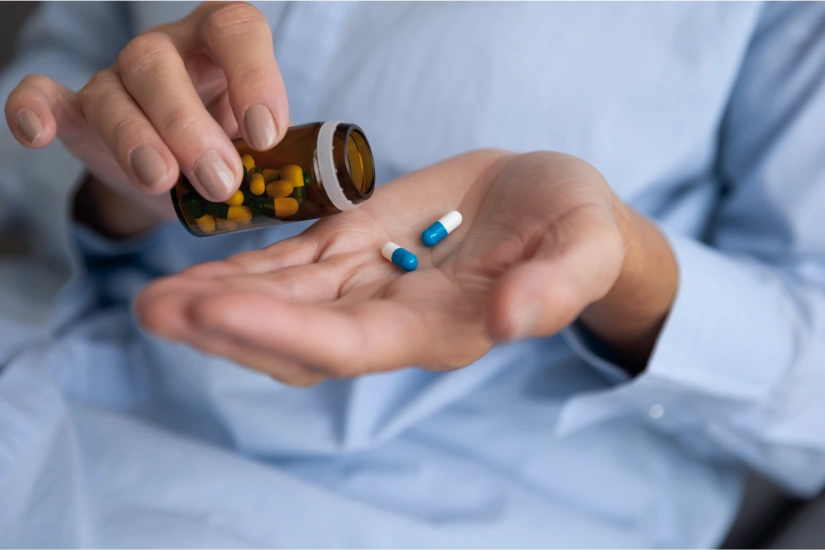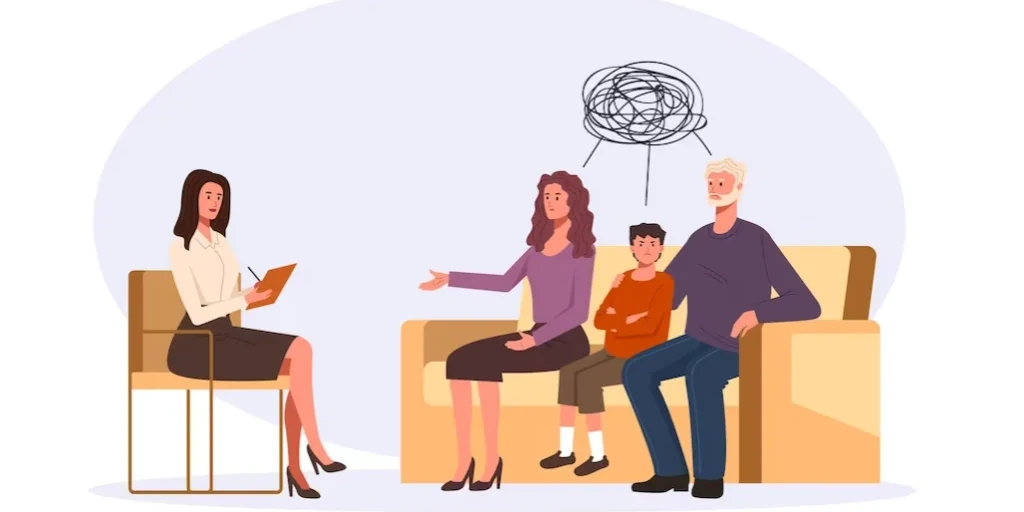24/7 Helpline:
(866) 899-221924/7 Helpline:
(866) 899-2219
Learn more about Substance Abuse Treatment centers in Polk County
Substance Abuse Treatment in Other Counties

Other Insurance Options

Health Net
Beacon

Horizon Healthcare Service

Premera

MHNNet Behavioral Health

Cigna

Ceridian

CareFirst

Lucent

United Health Care

Covered California

Self-pay options

Humana

Health Choice

Optima

BHS | Behavioral Health Systems

Evernorth

Kaiser Permanente

WellPoint

Ambetter

Hunterdon Drug Awareness Program
Hunterdon Drug Awareness Program is a private rehab located in Flemington, New Jersey. Hunterdon Dru...

Hunterdon Medical Center – Addiction Treatment Services
Located in Flemington, New Jersey, Hunterdon Medical Center provides substance abuse and co-occurrin...

Prevention Resources
Prevention Resources, formerly Hunterdon Prevention Resoures, is a private non-profit charitable org...

Good News Home for Women
Good News Home for Women is an alcohol and drug addiction treatment center located in Flemington, Ne...

GenPsych
GenPsych is located in West Windsor, New Jersey. The GenPsych Adolescent (GAP) West Windsor site off...

Diocese of Metuchen – Flemington Family Service Center
Diocese of Metuchen – Flemington Family Service Center is a private rehab located in Flemington, New...

BioCare Recovery
BioCare Recovery is a private rehab located in Morrisville, Pennsylvania. BioCare Recovery specializ...

Good Friends
Good Friends offers a halfway house for those men who are seeking for a safe place where they can re...

Kolmac Outpatient Recovery Centers
Kolmac Outpatient Recovery Centers is a private rehab located in Morrisville, Pennsylvania. Kolmac O...

Outside In – Residential
Outside In - Residential offers addiction and mental health treatment for adolescent males in Bolivi...

SaVida Health – Morrisville
SaVida Health – Morrisville is a private rehab located in Morrisville, Vermont. SaVida Health – Morr...




















































































































Burrell Behavioral Health – Outpatient
Burrell Behavioral Health – Outpatient is a private rehab located in Bolivar, Missouri. Burrell Beha...

Heartland Center for Behavioral Change
Heartland Center for Behavioral Change in Bolivar, MO provides CSTAR Outpatient Substance Use Treatm...

Outside In
Outside In is located in Bolivar, Pennsylvania. Outside In provides individual, family, and group co...

Quinco Mental Health – Hardeman County Center
Quinco Mental Health - Hardeman County Center provides mental health and substance abuse treatment i...

Lamoille County Mental Health Services
Lamoille County Mental Health Services is a private rehab located in Morrisville, Vermont. Lamoille ...

Behavioral Health and Wellness Center
Behavioral Health and Wellness Center is a private rehab located in Morrisville, Vermont. Behavioral...





















































